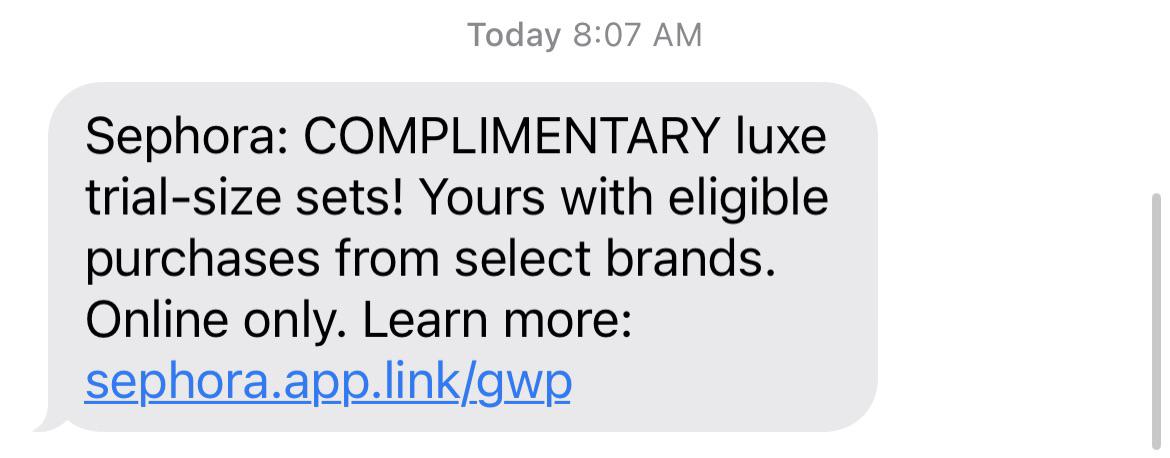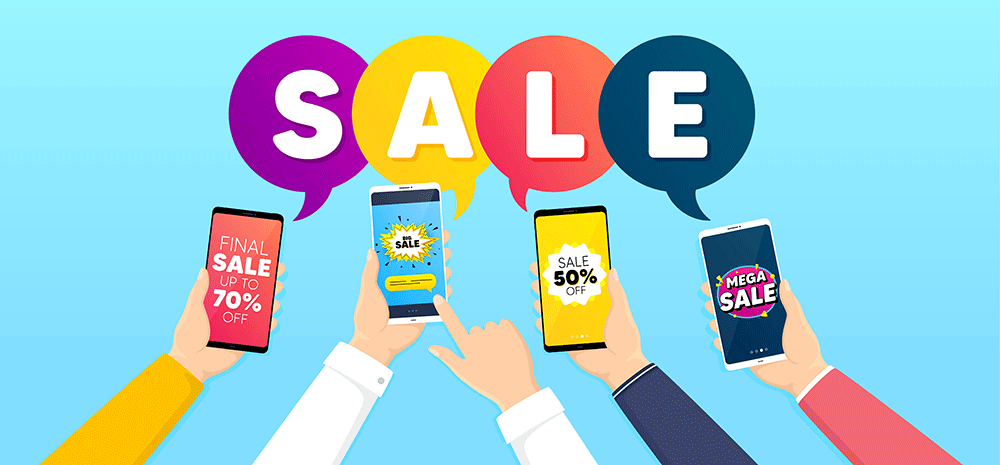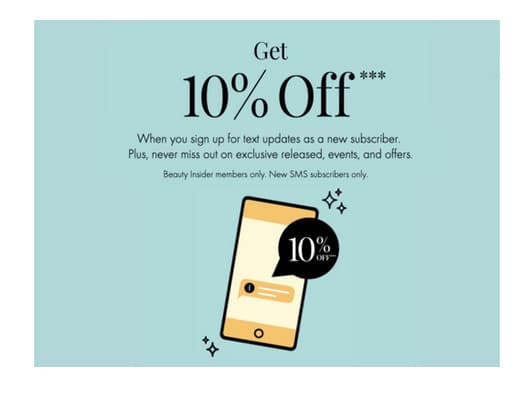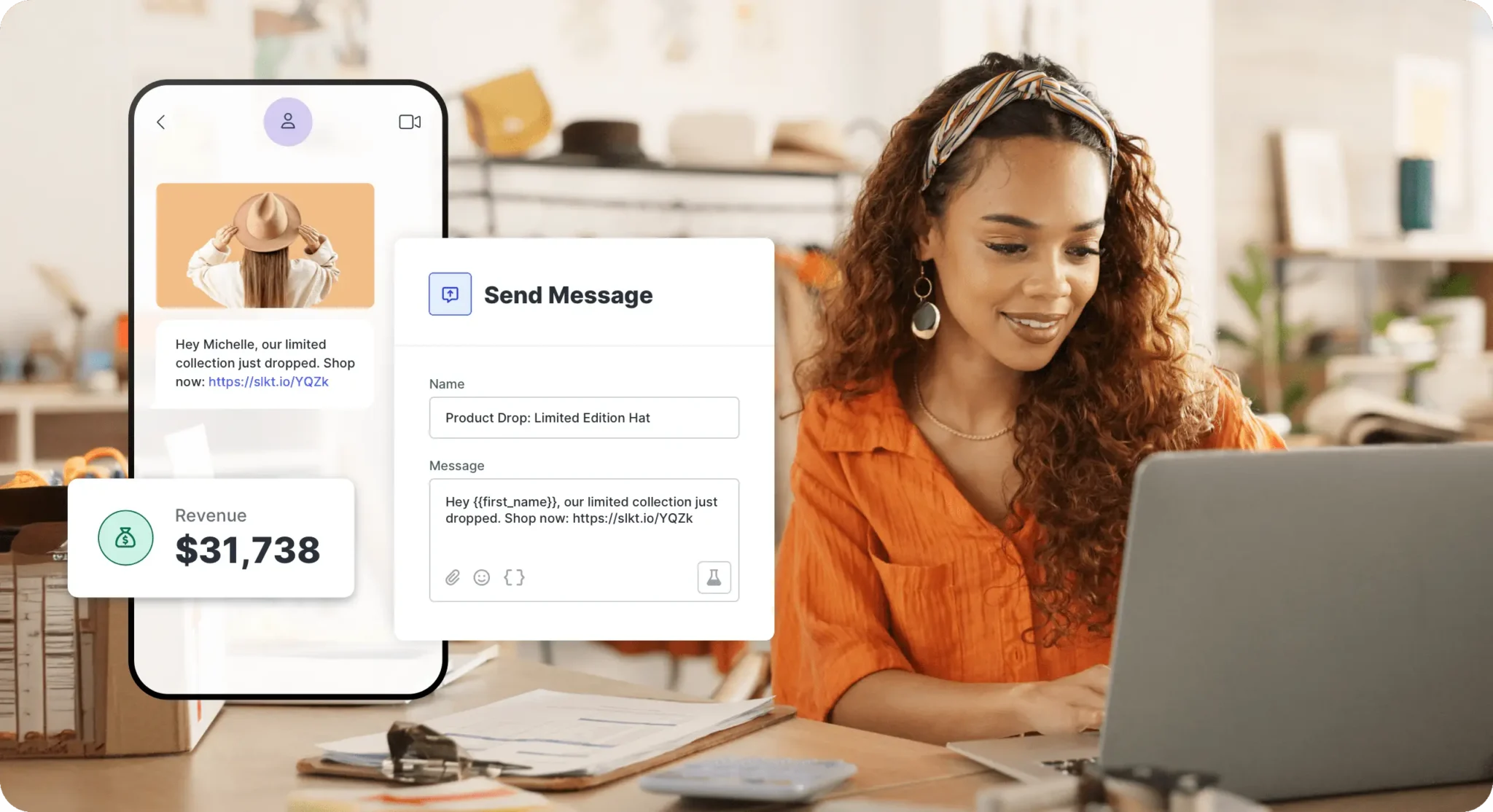Table of Contents
In today’s digital age, communication between businesses and consumers has evolved significantly, reflecting changing preferences and behaviors. A striking shift has been noted in the Customer Preference for Texting Over Phone Calls, with 89% of customers now favoring texting as their primary mode of communication with businesses. This preference highlights the growing demand for quicker, more convenient, and less intrusive ways to interact, changing how companies approach customer service and engagement.

Understanding Customer Preferences
The preference for texting over phone calls is driven by SMS’s convenience, speed, and discreteness. Texting allows customers to communicate on their terms and timelines, making it an ideal choice for today’s fast-paced lifestyle.
- Convenience: Texting does not require immediate attention like phone calls, allowing customers to respond conveniently.
- Efficiency: SMS is often quicker than phone calls, which can involve lengthy wait times and unnecessary small talk.
- Record Keeping: Text messages provide a written record of conversations, which is useful for reference and clarity.
- Flexibility: Customers can multitask while texting, which isn’t as feasible with phone calls.
- Privacy: Texting is more discreet, allowing communication in various settings without disturbing others.
- Accessibility: Text messaging is accessible on virtually any mobile device, ensuring broad reach and ease of use.
Why SMS Matters
For businesses, embracing SMS communication can provide a significant competitive advantage. It’s not just about meeting customer expectations but also about optimizing operational efficiency and customer service.
- Increased Engagement: Customers are more likely to read and engage with texts than emails or phone calls, leading to higher interaction rates.
- Higher Open Rates: SMS boasts open rates of nearly 98%, ensuring that your messages are seen.
- Cost-Effectiveness: Texting can be less expensive than phone communications when considering staff time and telecommunication costs.

Integrating SMS into Business Operations
Do you know why 89% of customers prefer to text with businesses than talk on the phone? It’s an accumulation of several reasons, mainly because Integrating SMS into business operations is straightforward and can enhance customer interaction, from sales to support.
- Customer Support: Resolve queries quickly and efficiently via text, reducing call center load.
- Sales and Promotions: Send timely promotions and notifications that will likely be read and acted upon.
- Appointment Reminders: Reduce no-shows with SMS reminders, saving time and resources.
- Feedback Collection: Easily gather customer feedback post-service or purchase, enhancing continual improvement.
- Order Updates: Keep customers informed about their order status from processing to delivery via convenient SMS updates.
- Personalization: Tailor communication to individual preferences and histories to enhance customer engagement and satisfaction.
- Event Notifications: Alert customers to upcoming events, launches, or changes that may interest them.
Overcoming Challenges
While SMS offers numerous benefits, businesses must navigate privacy concerns and message relevance challenges.
- Privacy Compliance: Ensure compliance with regulations like the TCPA (Telephone Consumer Protection Act) when sending texts.
- Personalization: Tailor messages to individual customer preferences and behaviors to avoid spammy communications.
Benefits of SMS for Businesses
In light of the Customer Preference for Texting Over Phone Calls, SMS has emerged as a powerful tool for businesses aiming to streamline communication and enhance customer engagement. Businesses, like non-profits, can harness the power of SMS to streamline operations and to improve customer interactions. The benefits include:
- Enhanced Customer Service: Businesses use SMS for quick updates and responses, improving customer satisfaction.
- Marketing Reach: Text campaigns can drive promotions and sales more effectively than many other forms of advertising.
- Appointment Reminders: Companies reduce no-shows by sending timely reminders via SMS.
- Event Promotion: SMS is an excellent tool for announcing new products, events, or services.

Examples of Businesses Utilizing SMS
As the Customer Preference for Texting Over Phone Calls grows, businesses across various industries are adapting by integrating SMS into their communication strategies. This section highlights several examples of how companies are effectively using SMS to enhance customer interactions, improve service delivery, and boost engagement by aligning with the prevalent trend toward texting
Here are examples of companies from different sectors that successfully utilize SMS marketing:
. Retail: Walmart
- Use Case: Walmart uses SMS for promotional campaigns, sending alerts about special deals, discounts, and new product launches directly to customers’ mobile phones. This strategy drives sales and enhances customer convenience by providing timely information.
2. Food Services: Domino’s Pizza
- Use Case: Domino’s allows customers to order pizza via SMS or their innovative “Easy Order” pizza emoji text. They also use SMS to send promotional offers and updates about the status of deliveries, enhancing the customer experience through convenient updates.
3. Finance: Bank of America
- Use Case: Bank of America uses SMS to communicate with customers about their account balances, suspicious activities, and important reminders. This real-time communication is crucial for customers to manage their finances securely and conveniently.
4. Travel and Hospitality: JetBlue
- Use Case: JetBlue sends flight updates, check-in reminders, and promotional offers directly to customers’ phones via SMS. This service improves customer satisfaction by ensuring passengers have the latest travel information.
5. Healthcare: CVS Health
- Use Case: CVS Health utilizes SMS to remind patients to refill prescriptions, schedule appointments, and provide health tips. This approach helps improve patient compliance and engagement, which is essential for effective healthcare management.
6. Entertainment: AMC Theatres
- Use Case: AMC Theatres uses SMS to alert movie-goers about new releases, special event screenings, and exclusive discounts. This direct communication channel helps drive attendance and enhance the overall customer experience.
7. Beauty and Personal Care: Sephora
- Use Case: Sephora offers an SMS VIP program to alert customers about new products, exclusive sales, and beauty tips. This personalized communication fosters customer loyalty and increases engagement.

Final Thought!
The overwhelming preference for SMS among customers highlights an essential shift in communication habits that businesses cannot ignore. By integrating SMS communication strategies, companies can enhance customer satisfaction, increase engagement, and streamline operations. It’s time for businesses to harness the power of text to stay connected with their customers most effectively.






